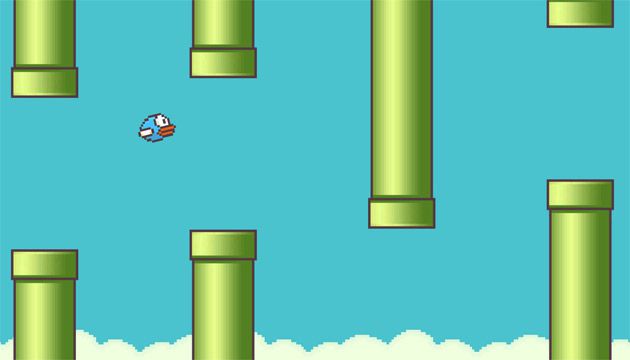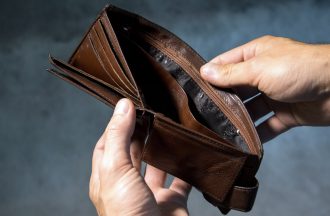
Unless you’ve been living under a rock for the last few weeks, it’s safe to say that you’ve probably seen a bit of the drama surrounding the game Flappy Bird. If you haven’t, or if you’re not sure what’s going on, Flappy Bird was a game with a simple goal – touch the screen to make your bird fly, and don’t hit the Mario-esque pipes as you pass them.
The concept seemed simple enough. The thing was, the game was hard. Many people had trouble getting a high score of two or three, and ten seemed like an amazing accomplishment. It quickly became a huge success and you couldn’t check Facebook, Twitter, or Instagram without seeing a post about the game.
But then, something strange happened. The game’s creator announced he was pulling it from the App Store, and true to his word, it was soon gone.
So what can we learn from this series of events? Well, a decent amount, as it turns out. Here are five things we can take away from the situation:
One Person Can Make A Difference
People are often quick to claim that “one person can’t affect anything” despite the obvious examples otherwise, and this is just another one to throw on that stack. One guy in Vietnam creates a game all by himself, and the next thing you know, it’s the most talked about app in the world, if only for a little while. So, the next time you think that you need a team or a big company or a huge advertising budget to be a success, remember Flappy Bird.
Simplicity Is Never Bad
We have a tendency to want to overcomplicate, to add features and buttons and extras until we’re no longer sure what our original idea was, but there’s something to be said for doing one thing and doing it well. Flappy Bird may have had a steep difficulty curve, but it was completely consistent. There was one thing to do, it was always the same thing, and your success or failure depended entirely on you.
Markets Can Be Unpredictable
If you’d have looked at the App Store before Flappy Bird was released and concluded, “I think that what would really succeed right now is a helicopter-style game about a bird avoiding some pipes, but only if it’s really difficult,” everyone would have laughed.
Today, that idea is being rehashed and reskinned as quickly and as often as possible to try and capitalize on the hole left by the removal of Flappy Bird. The point is this – you can have all the planning, research and hard work in the world, but at the end of the day, some of your potential for success is going to be rooted in good old-fashioned luck.
Social Proof Is A Big Deal
The success of Flappy Bird can be boiled down to one thing – everyone was talking about it. Hashtags like #flappybirdproblems and #flappybirdfail were everywhere. People were posting their high scores to Twitter and Instagram, and competition between friends made sure that it was being mentioned constantly. People who had never heard of the game were being inundated with updates to the point where it probable literally seemed like EVERYONE else was playing. You can’t buy that level of advertising.
Sometimes Success Isn’t Enough
Yes, Flappy Bird creator Dong Nguyen was pulling in a reported $50,000 every day from the one ad in the game, but at the end of the day, he decided that his reasons for pulling the game were more important than the money. Not only was he getting tons of hate mail from frustrated fans and people claiming he stole ideas and art assets for his game, but he also had a genuine concern that people were becoming addicted to his game. So, he got rid of it. The game’s success couldn’t override his concern for his fans and his desire to get himself out of the spotlight.
Those are some of our takeaways from the saga of Flappy Bird. Do you have anything to add? Share with us in the comments section below.








